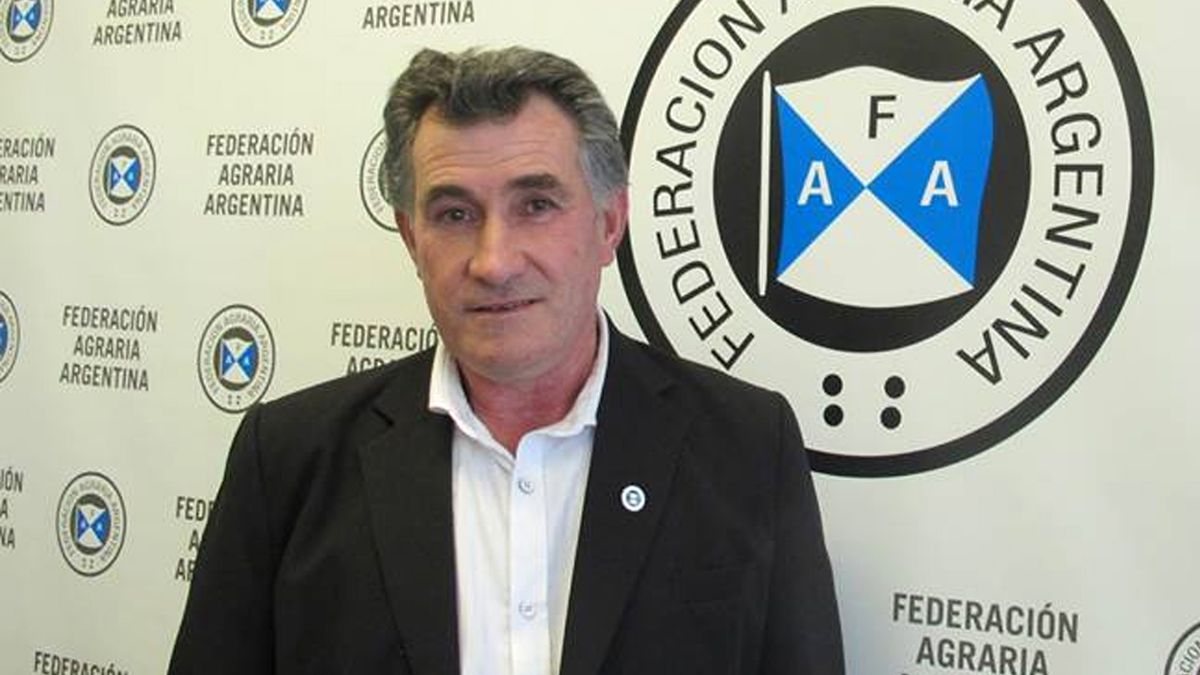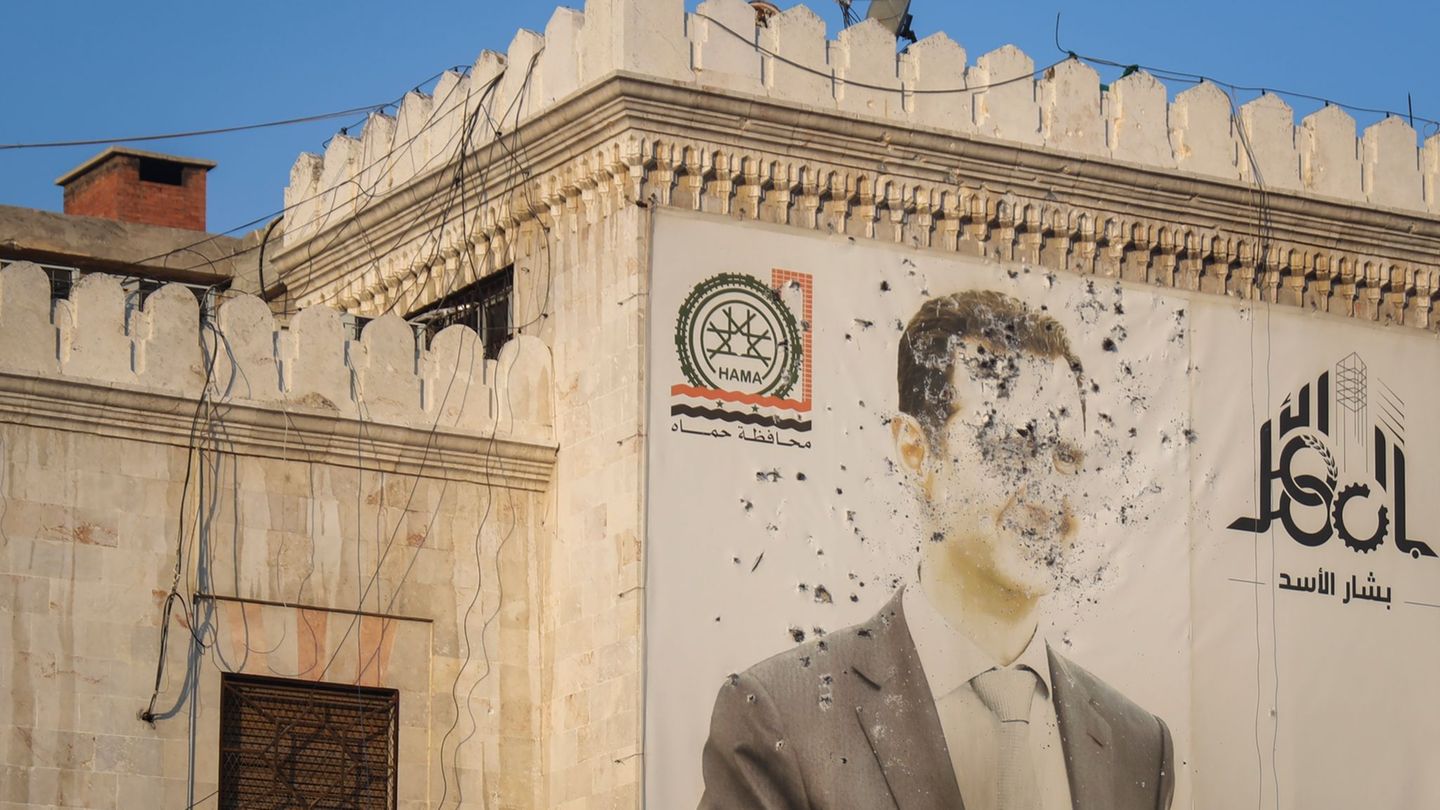At the same time, a work agenda was outlined in which it was determined that there will be new assemblies, meetings with provincial governors and legislators whose objective will be to “seek concrete answers” to solve the problems posed by the productive sector.
Nicholas Pine, head of the Argentine Rural Society criticized the recent formation of the trust for wheat and corn created by the Government and also referred to the agreement proposed with the International Monetary Fund. In this sense, Pino specified that next week he will go to the National Congress “to defend the countryside”, and added that the sector “should not be the adjustment variable”.
Meanwhile, the President of the Argentine Rural Confederations, Jorge Chemesstressed that the field decided to face “a fight”, spoke of disagreements and specified that when taking stock of the current management, “the balance is negative and with worse prospects.”
From the cooperative sector, the vice president of Coninagro, Elbio Lauciricaassured that each of the rural leaders has “the conviction and firmness to be able to raise the problems” that the sector is experiencing.
Beyond the claims of the productive sector that are based on government intervention in the markets, tax pressure and the exchange rate gap that exists between export dollars and informal dollars, each of the leaders is clear that the social situation and economy of the country is critical, however they assure that solutions could appear if agro-industrial production is supported.
When asked about this topic, Carlos Achatonipresident of the Argentine Agrarian Federation assured this medium that they will work on “proposals and tools to take to the executive and legislative spheres, so that with the commitment of all we find a better way so that there is more employment and that people can access not only to food, but also to other goods”.
Achetoni once again criticized the country’s economic situation and explained that “inflation close to 50% every year becomes unsustainable. Even more so when we see that neighboring countries do not have high inflation and that they achieve another translation in the values -of the raw materials- with which they work. For something, with totally different values in their productions they do not have inflation and people do not feel deprived of food. That is the solution we want to find.”
Until now, most of the tools proposed by the Government have the objective of assisting the sectors of the population with fewer resources, although in most cases mechanisms are tried in which the offer is subsidized. Criticism of these schemes is recurrent from the countryside and greater freedom in setting prices is constantly being requested.
However, while the price of grains increases disproportionately due to different external issues, a huge part of Argentina suffers from the repulsion of poverty. For this reason, the productive sector is often criticized, because it is responsible for generating the raw materials with which the food that finally reaches the shelf with a value that few can access is made. When asked about this aspect, Achetoni explained that “in general, everyone points to us and believes that we are to blame because they believe that we participate in the formation of the price and we have very little influence on the final prices. That is why we insist very firmly that if they lower our tax pressure, we can produce more, generate the jobs that are lacking and combat poverty.”
Source: Ambito
David William is a talented author who has made a name for himself in the world of writing. He is a professional author who writes on a wide range of topics, from general interest to opinion news. David is currently working as a writer at 24 hours worlds where he brings his unique perspective and in-depth research to his articles, making them both informative and engaging.




